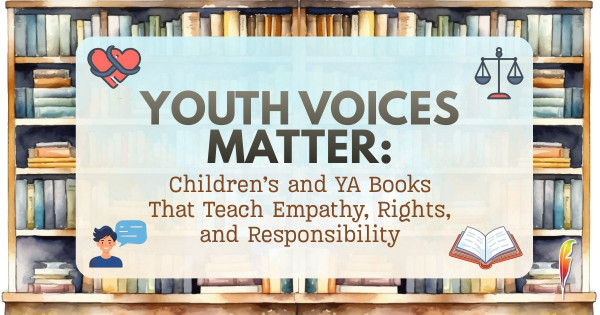
The Power of Personal Narratives in Non-Fiction Books
Why Personal Narratives Matter in Non-Fiction
In non-fiction storytelling, facts and truth are a crucial part. However, personal narratives shape the book and make it more personalized, raw and real. Readers usually like it when they can relate to the experiences in the book. Especially when readers are from a similar background with the author. They can resonate with the author and they can see how they went through different experiences in life.
By being authentic, authors can instill trust in their readers. When you add a personal touch to your writing; be it a memoir, an autobiography or a self-help book, it makes you stand out from other authors. To know that you actually went through these experiences and wrote about it shows the authenticity of your book, since you wrote it based on your own experiences. And if they find it relatable, your book will gain popularity.
The Role of Personal Narratives in Non-Fiction
Personal narratives are the crux of non-fiction, by making factual content to stories that are personal and real.
People are more likely to retain and understand information when it is also equipped with a personal experience. Based on the personal experiences written, they can understand concepts much better since there’s a personal touch added to the writing.
Personal narratives give credibility to the author as well as providing a distinct voice to your writing. When cleverly written, these narratives provide an opportunity for readers to explore more about the subject, and cultivating empathy.
When a human touch is added, it is not just a book of factual experiences but the content becomes more meaningful and thoughtful.
Crafting personal narratives into non-fiction requires a careful balance between factual accuracy and storytelling. However, you should be careful. Adding irrelevant personal experiences can distract readers and weaken the message of the story.
Engaging Readers Through Emotional Connection
Emotional connection is what transforms non-fiction from a presentation of facts into an engaging reading experience. When authors share personal experiences, challenges, and insights, they invite readers into their world. This encourages readers to reflect, empathize, and engage with the writing on a deeper level.
One way to strengthen emotional connection is through vivid storytelling. Use descriptive language, sensory details, and relatable scenarios to make experiences more engaging. Regardless of what type of non-fiction book you write, adding human elements can transform abstract concepts into tangible and impactful lessons.
Empathy also plays a crucial role. When you address your readers’ challenges, aspirations, or questions, writers can cultivate a sense of shared experience. In turn, when readers feel understood and valued, they are more likely to trust the author and retain the information presented. Ultimately, readers who are emotionally engaged not only increase comprehension but it also leaves a lasting impression on the reader.
Crafting Compelling Non-Fiction With Your Story
Personal narratives have the power of transforming non-fiction from factual information into an engaging and memorable piece of writing. By blending authentic experiences with well-researched factual information, writers can create a piece of work that is informative, inspirational, and relatable for readers.
How non-fiction storytelling works is connecting both knowledge and human experience together to create a beautiful work. When writers instill personal narratives in their writing, not only do they educate their readers but also leave a lasting impression on them through work that is meaningful, thoughtful, and relatable.
We use cookies on this site to enhance your user experience and for marketing purposes.
By clicking any link on this page you are giving your consent for us to set cookies



